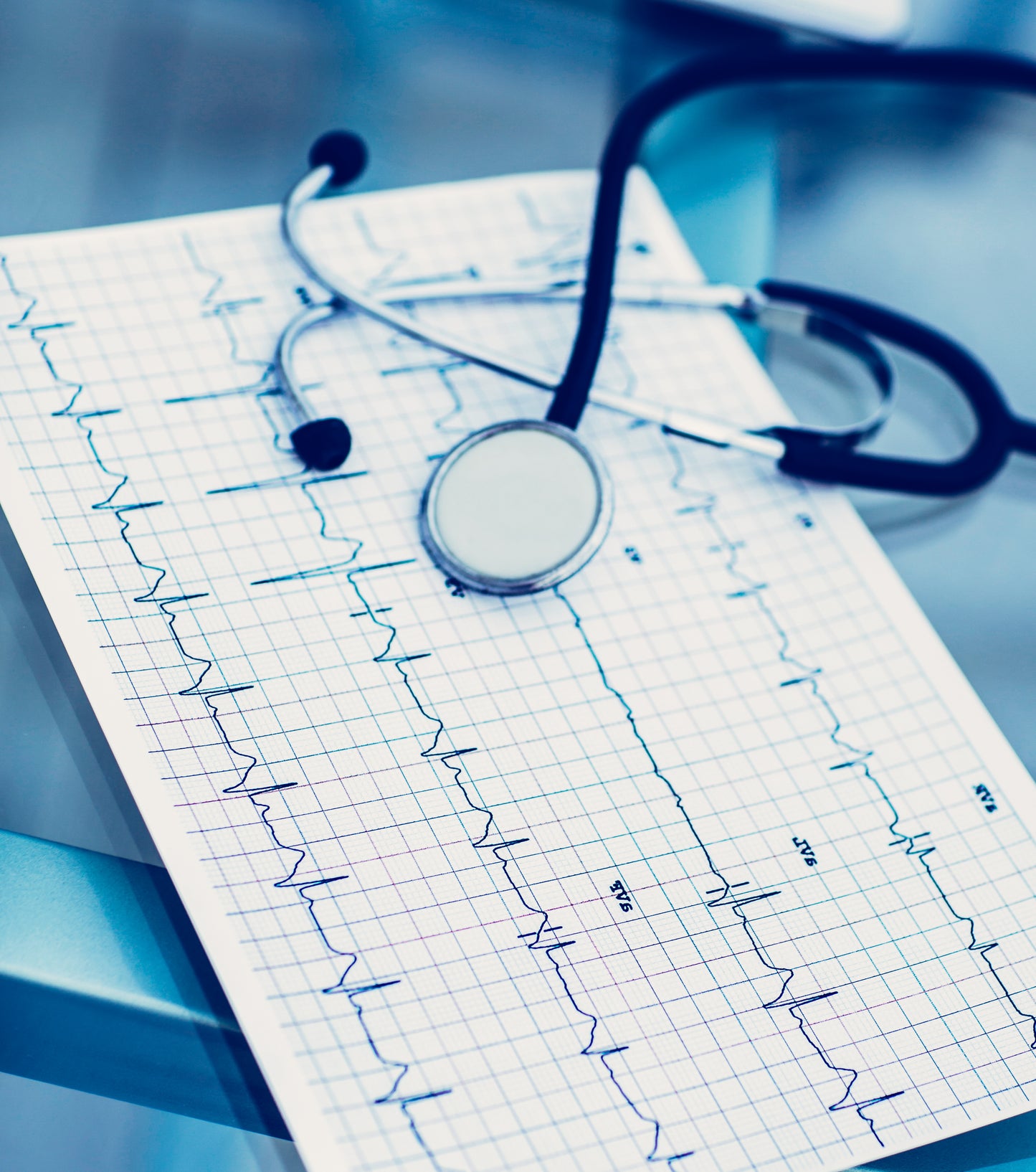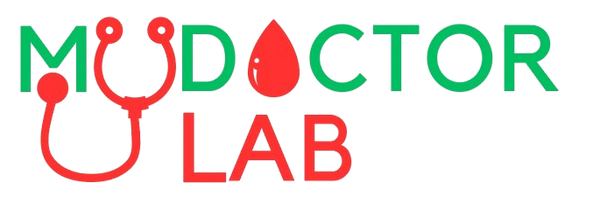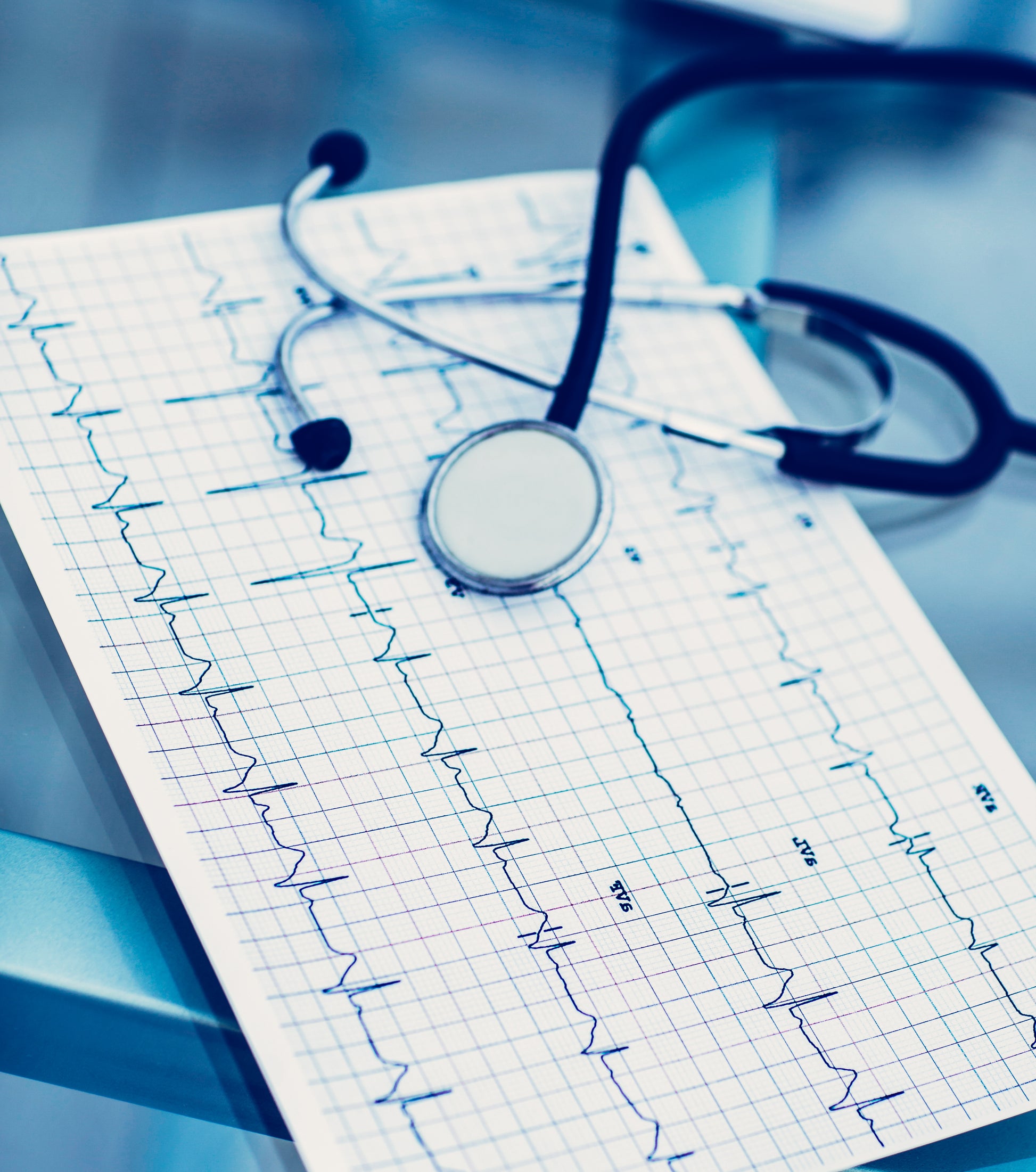DDH
ECG
ECG
Couldn't load pickup availability
ECG (Electrocardiogram): Overview and Importance
An Electrocardiogram, commonly known as an ECG or EKG, is a simple, non-invasive test that records the electrical activity of the heart over a period. It is a quick and painless way to detect various heart conditions by capturing the heart's rhythm and identifying any irregularities.
Why is an ECG Done?
An ECG can be recommended for several reasons:
- Detecting Arrhythmias: Identifies irregular heart rhythms.
- Checking Heart Health in Chest Pain: Assists in diagnosing potential heart attacks or other cardiac conditions in patients experiencing chest pain.
- Monitoring Heart Disease: Tracks the progress of heart conditions, helping to assess the effectiveness of treatment.
- Evaluating Symptoms: Useful if you have symptoms like palpitations, dizziness, or shortness of breath.
How Does an ECG Work?
During an ECG, electrodes are placed on the skin at specific points on the chest, arms, and legs. These electrodes capture the electrical signals generated by the heart with each beat. The ECG machine then records these signals as a waveform that reflects the heart's rhythm and function.
Types of ECG
There are three main types of ECG tests:
- Resting ECG: Conducted while the patient is lying still.
- Exercise ECG (Stress Test): Performed while the patient exercises, often on a treadmill, to monitor heart activity under stress.
- Holter Monitor: A portable device worn for 24–48 hours to capture heart activity over a longer period.
What Can an ECG Detect?
An ECG can help detect various conditions:
- Arrhythmias: Abnormal heart rhythms, like atrial fibrillation.
- Heart Attack: Past or current signs of heart attack.
- Heart Enlargement: Due to high blood pressure or other causes.
- Electrolyte Imbalances: Conditions that affect the levels of potassium, calcium, or other electrolytes in the blood.
ECG Tests at MyDoctorLab
At MyDoctorLab, we offer quick and accurate ECG services, ensuring comfort and convenience for patients. Whether as a routine check-up or part of an ongoing cardiac treatment plan, we prioritize accurate results and timely reports to support your heart health.
Share


